There are few brands as highly coveted as Disney. This year marks 100 years since Walt Disney first stepped onto the global stage with the iconic Steamboat Willy cartoon and heralded the birth of modern animated cinema and in those ten decades, to say a lot has happened to the state of the entertainment industry would be a gross understatement.
Disney, however, has managed to weather ever storm, including the unexpected passing of its namesake in the mid-1960s when the brand was arguably at its creative zenith. From theme parks and movies to cruise lines, streaming and one of the boldest acquisition runs in history, it’s a brand that’s managed to steamroll its way through the zeitgeist while bottling seemingly bottomless reserves of nostalgia.
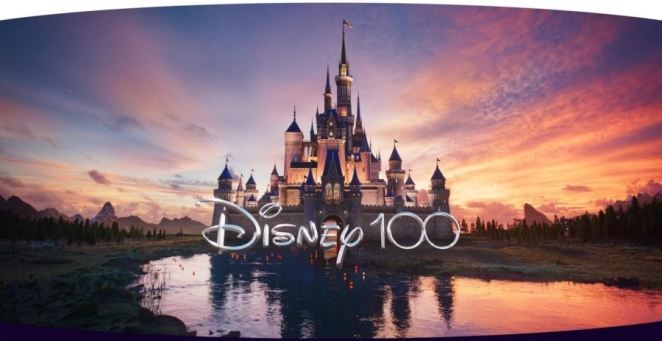
But those nostalgia reserves have been all but tapped out in recent years and all the good fortune the brand has built over the years appears to be withering away. Indeed, rumours have been circulating of late that the previously unthinkable might be on the cards as Apple sits patiently in the wings seriously eyeing up a Disney acquisition. But how did we get here?
Monopolistic Tendencies
One of the major criticisms faced by Disney is its seemingly insatiable appetite for acquiring successful entertainment entities. This began with the acquisition of Pixar in 2006, followed by Marvel Entertainment in 2009 and Lucasfilm (the studio behind Star Wars) in 2012. While these mergers have undoubtedly created successful films, critics argue that Disney's consolidation of the entertainment industry stifles competition and limits diversity in storytelling.
It doesn’t help that they’ve manages to milk many of the properties they’ve purchased into the ground with diminishing creative returns. Few would argue that the most recent Star Wars films have been anything other than passable fan-service and the sheer glut of Marvel films and TV shows has led to serious brand fatigue.
Cultural Insensitivity
Disney has faced backlash for its depiction of cultures and ethnicities in movies. Films like "Aladdin" and "The Lion King" have been criticized for either exoticizing or stereotyping the cultures they represent. Moreover, in the quest to be more inclusive, sometimes Disney has overstepped or misread cultural nuances. This kind of insensitivity, particularly in a globalized world, has not gone unnoticed or unchallenged.
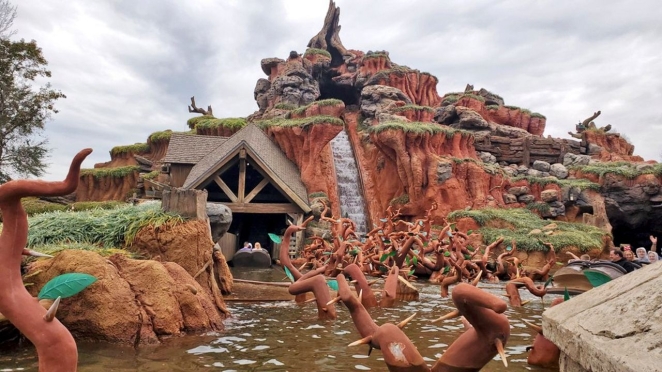
Of course, this is a problem that has haunted Disney for generations, with one of those legacy missteps coming home to roost recently when the ride Splash Mountain, based on the reviled (and heavily racist) Song of the South film was forced to close due to cultural insensitivity issues. On a personal level I’m honestly gutted as I have many fond memories of riding Splash Mountain as a child. As a grown ass man, however, I understand the move.
Remake Overkill
The 21st century has seen Disney focusing heavily on remaking or creating sequels to its classic films. While some like "The Jungle Book" and have found success, others like "Mulan" (2020) and "The Lion King" (2019) have been criticized for lacking originality and soul. Many fans feel that the company is capitalizing on nostalgia rather than creating fresh content.
This came to a head earlier this year when the company released the double header of the fifth Indiana Jones film and the live-action remake of The Little Mermaid. The latter was a bit of a failure, but the former was a legitimate box office bomb. It doesn’t help, of course, that audiences know all of these films will be coming to the Disney+ streaming service in a matter of months, but that’s a completely separate issue to pick apart.
Employee Treatment
There have been occasions when Disney faced backlash for the treatment of its employees. Whether it was underpaying workers, controversial layoffs, or disputes regarding worker conditions, such issues have contributed to a perception that the company prioritizes profits over its people.
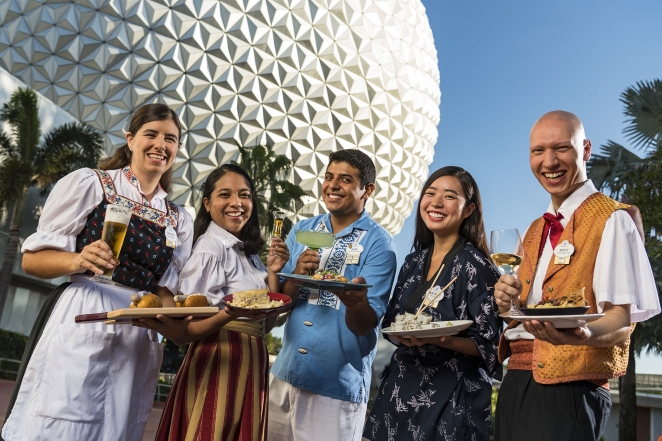
In a 2018 survey of Disneyland employees, “Working for the Mouse,” it was found that workers at the theme parks (cast members) were paid so little that 11% reported being homeless at some point in the previous two years, two-thirds said they didn’t have enough food to eat three meals a day, and three-quarters said they couldn’t afford basic expenses every month. The recent spate of employee layoffs certainly doesn't help matters either.
Rising Theme Park Costs
Disney theme parks are integral to its brand identity. However, in recent years, the escalating prices for park admission and other associated costs have made these experiences less accessible to average families. Such steep costs can tarnish the brand's image of providing magical experiences for everyone.
That’s before we even jump into the whole Genie+ fiasco, which essentially forces guests to pay for services that were once free. In a nutshell, Disney’s theme park guests are getting less for more and there’s only so much people can take of that kind of treatment before they start voting with their feet. The poor attendance levels seen at the parks this summer seem to suggest they already are.
The Magic Still Remains
Of course, there are a thousand other little cuts to consider here. Instances like Disney extending the copyright for its characters, notably Mickey Mouse, for example, to prevent them from entering the public domain, have been viewed as corporate greed overshadowing the spirit of creativity and public access. But generally speaking, a lot of the blame can be cast at the feet of the leadership and the lack of creativity.
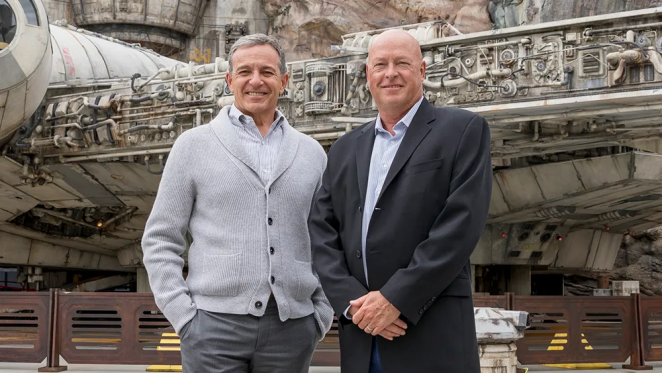
I see the decline of the Disney brand as a result of two things – corporate greed and creative castration. I would appear the company under its much-maligned CEO Bob Chapek was more interested in making short-term gains for its shareholders than cultivating lasting brand equity and that’s because they were resting on their laurels.
Chapek assumed that the goodwill built up over 100 years would be enough to sweeten the pill but the fact he was replaced by former CEO Bob Iger after just 2 years shows how wrong he was. And there’s a lesson to be learnt here for all legacy brands – don’t coast.
A legacy is a powerful thing, but it can also be an unsteady crutch. Chapek leant on that crutch so hard it shattered into a million pieces and what we’re left with is a company that its founder probably wouldn’t piss on if it was on fire (to put it bluntly).
Of course, that’s not to say the brand is beyond redemption. I mean, I’m heading to Disney World myself this summer because it still offers something no other company on earth can and I fully expect to have the time of my life. But while Disney is in a field of its own, in many regards, it's not immune to mistakes and miscalculations.
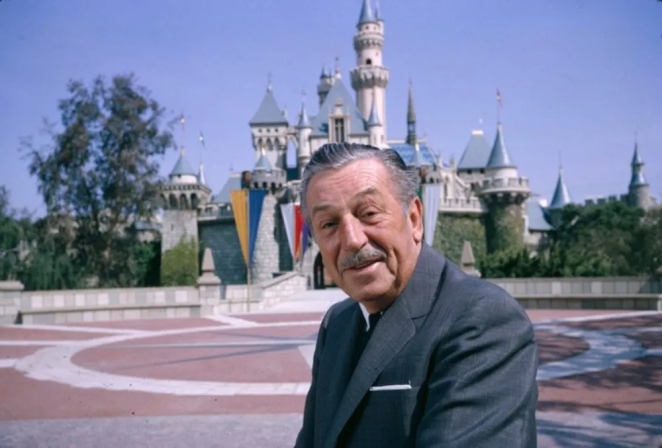
While some critics may argue that Disney has "ruined" its reputation, it's more accurate to say that the company has faced significant challenges that have impacted public perception. With Iger back at the helm, there’s every chance they could bring it all back round. The recent price hike for Disney+ isn’t a great start but then what streaming service isn’t hiking its fees right now?
The true test for Disney will be how it learns from its mistakes, evolves with the changing times, and repositions itself for the future while maintaining that (yes, I’m going to say it) Disney magic that has defined its legacy.
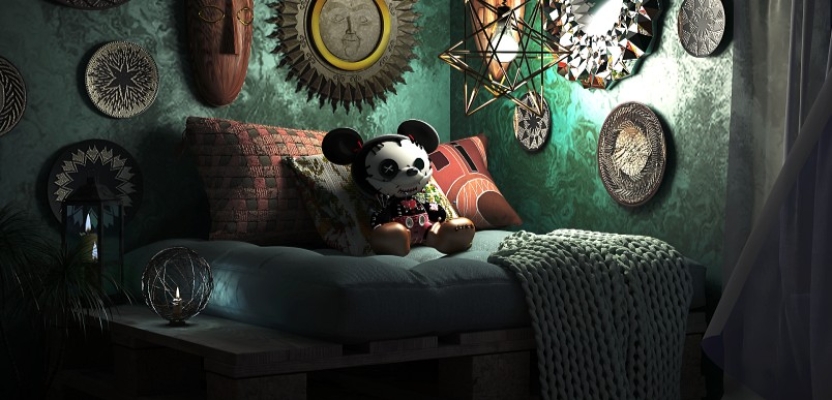


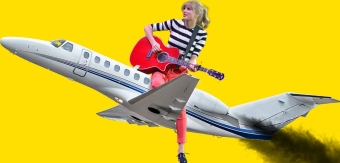

Ben Millerman August 26th, 2023, in the afternoon
This article is swimming with sweeping statements and a lack of context to many of the scenarios mentioned. This isn’t good journalism it’s a heavy bias towards the negatives without the context and balanced argument or evidence to support such statements